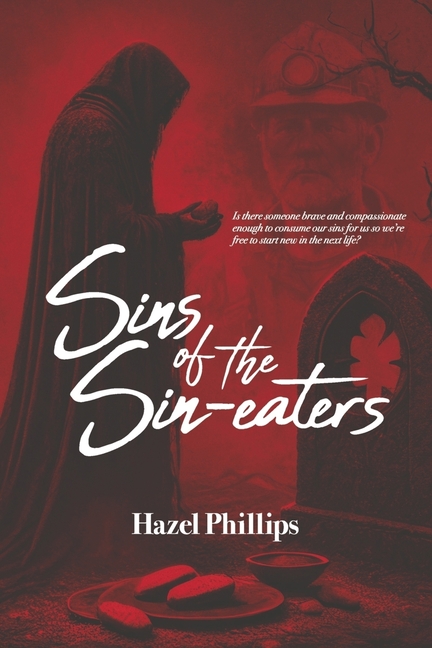Description
Every one of us is born with a death sentence. Our life cycle involves continuous changes as we develop from conception to death. Our challenge is to leave behind our sins and embark on another journey. We die as we are born - naked and hopefully without our sins. But how? How do we rid ourselves of these sins? Is there a way to leave them behind? Is there someone brave and compassionate enough to consume our sins for us, granting us the freedom to start anew in the next life?
What Is Sin?
The word "sin" has been used for a thousand years, but more recently, it has been connected to Middle English, Sinne or, in old English, Syn.
Sin has historically been linked to religious matters or moral law, but today, it is often trivialized to mean simply overindulging in desserts or drinking too much wine! This behaviour falls under acts of gluttony, which is one of Dante's seven deadly sins.
Newborns and young children carry no sins. However, as we go through life, we accumulate sins - not by our intentions but because we are subject to the pressures of our education, work, or pleasure-seeking environments. We learn to bully, to cheat, and indulge. Our life may end when our usefulness or purpose fades.
As we approach death, the sins we have accumulated become problematic. If we do believe in any afterlife, we cannot take them with us; who in the next life would want to inherit them?
The following story explores the history of the tradition of sin-eating, what it is, how it's done, how it became a custom and whether it exists today.
My Background
Traditions
My grandparents were born and raised in the North East of England. Georgie, my grandad on my Mother's side, was born in the rural village of Sherburn Hill.
My grandad James was born in nearby Wheatley Hill. Both were employed in the mining industry and were well regarded within their tightly woven community.
This community unwaveringly followed old traditional customs, which their ancestors had passed down. They accepted these customs and never questioned their origin or meaning.
One of those lingering customs, sin-eating, revolved around the death of a relative or friend. I watched my elders conduct this specific custom that I didn't understand during my childhood years.
This custom was that to pay their respects, relatives and friends of the deceased person would gather around the coffin, pass food over the actual coffin and consume it while standing there.
The mourners would chat and reminisce about certain memories, amusing or sad, all just recalling and sharing their special times.
Years later, I understood that the food represented the sins of the deceased. The sins were eaten, dissolved, and consumed so that they no longer existed.
The sins were forgotten and forgiven.
This custom was related to sin-eating, which had not been performed since the 19th century.
As a child, whenever I mentioned this strange ritual to others, I was faced with quizzical looks or a blank stare and given no answer or explanation. Perhaps this topic was taboo?
Product Details
- Jun 10, 2025 Pub Date:
- 9798897786619 ISBN-10:
- 9798897786619 ISBN-13:
- English Language




